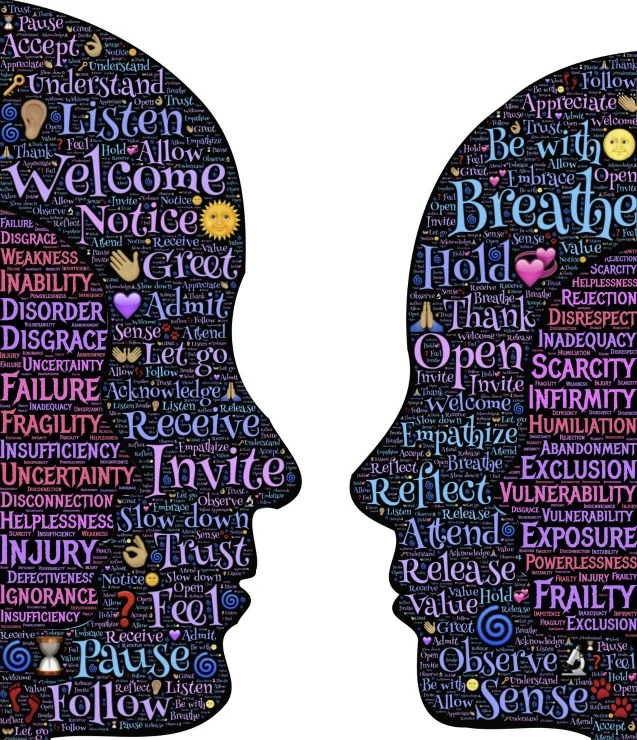This post may contain affiliate links. I only recommend products I use and love. Read the full disclosure here
Last Updated on July 11, 2022 by Alaina
The 21st century is a time of endless possibilities. With the advancement of technology, evolution of science, and unpredictable lifestyle change patterns of children, teens, parents and elderly, each individual is exposed to situations that they might need some help solving with. People experiencing such problems are advised to take consultations, therapies, and counseling as medication and solutions.

Professions involving helping others in such situations have never been easy. People coming for help should be taken seriously. As much as possible you should think of the best solution that is helpful to both the clients and those around them. Professionals in this field are trained to be an expert in providing these special services, and most of the time a Diploma of Counselling is usually a requisite to be able to perform these services.
Some individuals also take university courses like Psychology to understand and gain wider perceptions of the problems a client has. You cannot just rent an office, call yourself a counselor, and begin giving people advice, as the life of others is involved, proper training should be taken.
Counselors are employed in corporations, institutions, as well as government establishments to provide care and advice to employees, students, residents, and professionals alike.
There are a variety of services that a counselor can provide. A counselor cannot just take the clients’ problems lightly and instruct him on what he himself would do in such situations, a counselor has to try to put himself on his clients’ shoes to provide them with the right course of action.
As counseling does not only involve helping people try to lose an addiction or helping depressed patients but also helping clients with relationship problems which include sibling rivalries, parent-child conflicts, couple misunderstandings, and friendship issues. Being able to empathize with them is also a must.
As such situations occur in the scope of counselling, a counselor has to possess special skill sets to provide an effective relationship with a client. This includes the most important skill of human socialization, communication skills. Communication must be given the utmost importance for it is the fundamental requirement that is needed in understanding the client’s situation. Other traits that a counselor must possess are active listening, reflection, effective questioning skills, and clarification.
In addition, a counselor should also consider the professionalism required in their job. A counselor is ought to talk to the client and build rapport to establish a relationship of trust. People heeding the help of a counselor needs to express their difficult feelings such as anger, fear, and resentment in a safe and private environment. As clients’ problems and issues should never be disclosed to anyone, and be treated with strict confidentiality, just like with lawyers. Only when the client is in grave danger can you enlist the help on another party.
Lastly, counselors need to be empathetic and not sympathetic. Counseling should never be treated as being sorry for the clients’ current situation, but rather putting yourself in their situation. With this, a counselors’ empathy should be able to help them ask the appropriate questions that would lead the client to a positive solution, and ultimately to a positive outcome.
